As we age, maintaining vitality and managing the natural changes in our bodies can become increasingly challenging. While conventional medicine offers various treatments, they often come with side effects and the introduction of additional toxins. Many individuals turn to homeopathy for a more holistic approach to aging and common age-related issues.
As you navigate getting older, consider NEWTON homeopathics® Prime+ complex; formulated for symptoms associated with aging such as impaired memory, loss of vitality, general weakness, and dry, wrinkled skin.
Some of the remedies included in the complex, based on traditional homeopathic practice, are Selenium (metallic selenium), indicated for easy exhaustion, and Aralia quinquefolia (ginseng) for fatigue. Phosphoricum acidum (phosphoric acid) and Cantharis (Spanish fly) are indicated for thinning hair, and Lycopodium (club moss) is indicated for premature graying. Ginkgo biloba (ginkgo) is indicated for mental weakness and poor concentration. Allium sativum (garlic) is indicated for loose, dry, wilted skin, and Arsenicum album (arsenic) for dry, rough, shriveled skin. Bryonia alba (wild hops) is indicated for joint pain that worsens with movement and improves with rest.
An often-embarrassing situation that presents itself as one ages is incontinence. The use of the adult diaper is often joked about – but it is no joking matter. NEWTON homeopathics® Incontinence is formulated for symptoms associated with the involuntary loss of urine including frequency, leakage, and urgency.
Some of the remedies included in the complex, based on traditional homeopathic practice, are Aloe socotrina (aloe vera) and Secale cornutum (rye ergot), indicated for incontinence in the aged. Natrum muriaticum (sea salt) and Sepia (inky secretion of the cuttlefish) are indicated for involuntary urination on coughing, laughing, or sneezing. Staphysagria (stavesacre) is indicated for frequent urination, and Verbascum thapsus (common mullein) and Pulsatilla (wind flower) for dribbling urine.
Billy Ray Cyrus sang about his Achy Breaky Heart, but you may be singing another tune – about your achy breaky bones and muscles. NEWTON homeopathics® Aches~Pains is formulated for symptoms associated with bruises, strains, and overexertion such as pain, stiffness, and inflammation.
Some of the remedies included in the complex, based on traditional homeopathic practice, are Aconitum napellus (monkshood), indicated for inflammation of joints, and Bryonia (wild hops) for when there is aggravation from movement. Kalmia latifolia (mountain laurel) is indicated for weariness in all muscles, and Phytolacca decandra (pokeweed) is indicated for soreness in all muscles. Colchicum autumnale (meadow saffron) and Guaiacum (resin of lignum vite tree) are indicated for stiffness. Rhus tox (poison ivy) is indicated for stiffness of muscles and joints, and Sarcolacticum acidum (lactic acid) is indicated for fatigue and exhaustion.
Consider evaluating these complexes for inclusion in your health care routine – and don’t forget NEWTON homeopathics® Detoxifier!
 A few other NEWTON homeopathics® complexes that you may find appropriate are Rheumatic-Joint Care, Menopause, Prostate, Cell Salts, and Libido.
A few other NEWTON homeopathics® complexes that you may find appropriate are Rheumatic-Joint Care, Menopause, Prostate, Cell Salts, and Libido.
Note that the remedy indications cited are according to traditional homeopathic practice and not based on double-blind randomized studies funded by pharmaceutical companies. According to the Federal Trade Commission, there is no scientific evidence that homeopathy works. Please refer to www.homeopathyusa.org (American Institute of Homeopathy – the first U.S. professional medical association) for a listing of over 5,000 research articles, or to the Homeopathy Research Institute, based in the United Kingdom, where homeopathy is a popular form of medicine.




